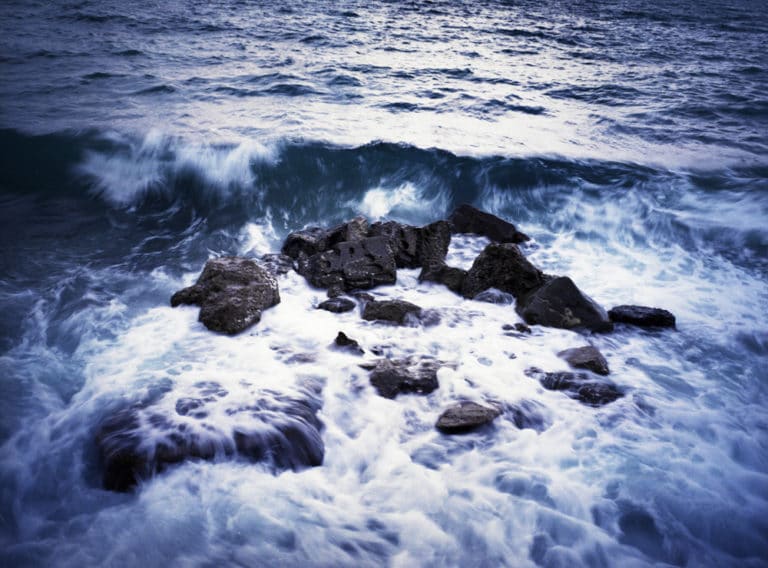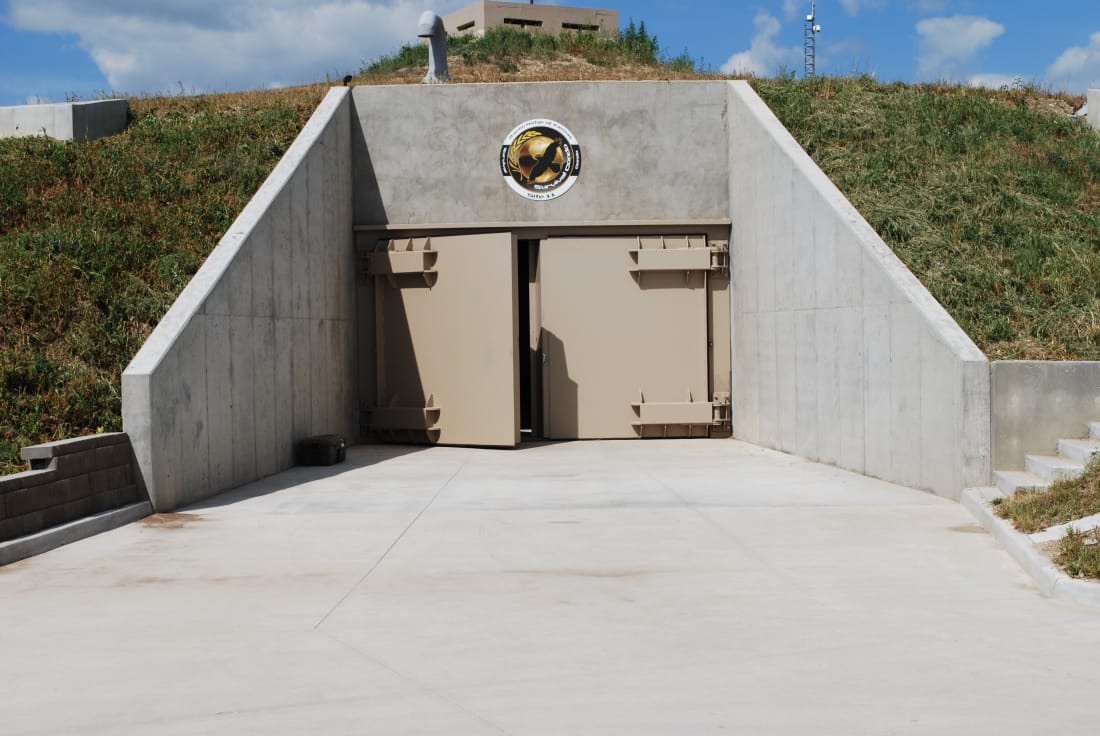The ultra rich are preparing their doomsday bunkers, infinity pools included

As the very real threat of climate change is becoming more evident to us all (with the exception of delusional politicians and avid disaster capitalists), the prophecy of an upcoming human-induced apocalypse of some sort has not only infiltrated numerous Netflix series, but has also prompted the world’s wealthiest (and evidently also the most selfish) to prepare for the moment the worst will come.
Ultra rich people, mainly from the U.S., have recently been preoccupied with the looming catastrophe a climate-changed world will have on their lifestyle, assets, and inheritable wealth. The rising trend has seen the wealthy begin to secure their heritage by digging luxurious bunkers in remote places of the world in order to ensure that they survive if and when the ultimate apocalypse finally comes knocking. Could this be considered a mere instinct for survival? If you consider faraway bunkers equipped with infinity swimming pools, designer furniture, and fibre optic internet survival, then yes, you could call it that.


There is nothing distinctly wrong in wanting to protect yourself and your family from the effects of rising sea levels, wildfires, and frequent earthquakes. But movements such as ‘climate gentrification’, a term coined by a Harvard study, are already demonstrating that the race for protection participated by the super rich might not be as innocuous as initially thought. The recent research shows that in Miami, rising sea levels are prompting the wealthiest citizens to leave their beach homes and move to poorer neighbourhoods with lower risks of flooding, forcing the inhabitants of these areas to consequentially leave their houses due to the increasing value of their properties. Similarly, numerous entrepreneurs from Silicon Valley, such as Peter Thiel, the billionaire venture capitalist who co-founded PayPal, have found a safe refuge in New Zealand. From a survival condo in Kansas to The Oppidum, which is the world’s largest “billionaire bunker” as written on its password secured website, the apocalypse is scary, but not if you’re rich.
According to a recent Guardian article, the fetishisation of the end of the world is spreading fast in the U.S., pushing brands to increasingly market products and services that, at an extremely high cost, are offering to help consumers survive the so-called ‘end of the world’ with all the necessary comforts. And in a recent article on LSN Global, Holly Friend argues that “It’s ironic that these preppers are plotting the desertion of a world they helped to shape. Rather than providing these Doomsday fanatics with the tools to aid their escape, why aren’t more brands encouraging them to stay put and plough their wealth into initiatives that help prevent these disasters from happening in the first place?”
It’s not to say that the rich are culpable for all of the faults of our planet. While some are lining their million dollar apocalypse pieds-à-terre with the latest water-resistant materials, others are actively looking for global solutions. Initiatives like the invitation-only members’ club in London The Conduit—a place that attracts elite citizens whose wealth and social position could potentially mobilise change and influence political actions—are showing that global alternatives could still be found. But only if forces are joined together rather than each one for themselves sort of attitude. Because when you can buy an apocalypse luxury home in any country you wish, what chances do the rest of us—mere hand to mouth earners—have at surviving a deadly heatwave?
The idea of a Noah’s Arch with a very limited number of golden tickets—accessible only to the world’s richest—certainly does not sound like an inclusive or long term solution to the looming effects of climate change. Instead, it proves, once again, that those who are benefitting most from the destruction of our planet are not only aware of what’s to come, but are working towards saving themselves in the process—with no apparent intention to share their salvation with the rest of civilisation.




